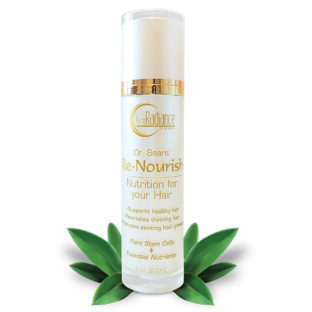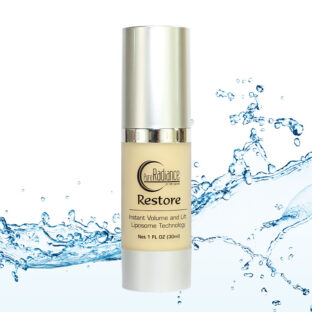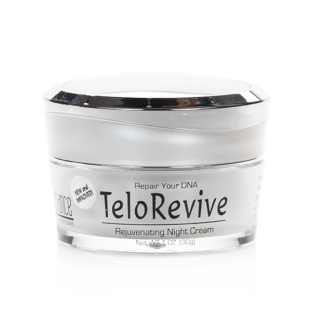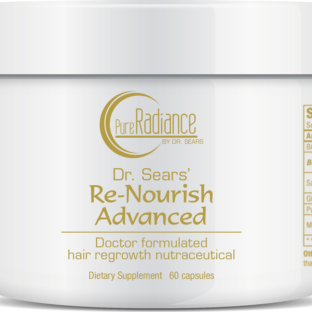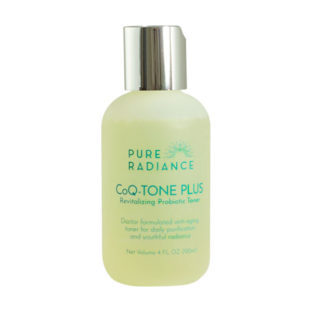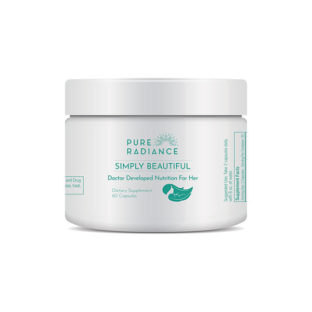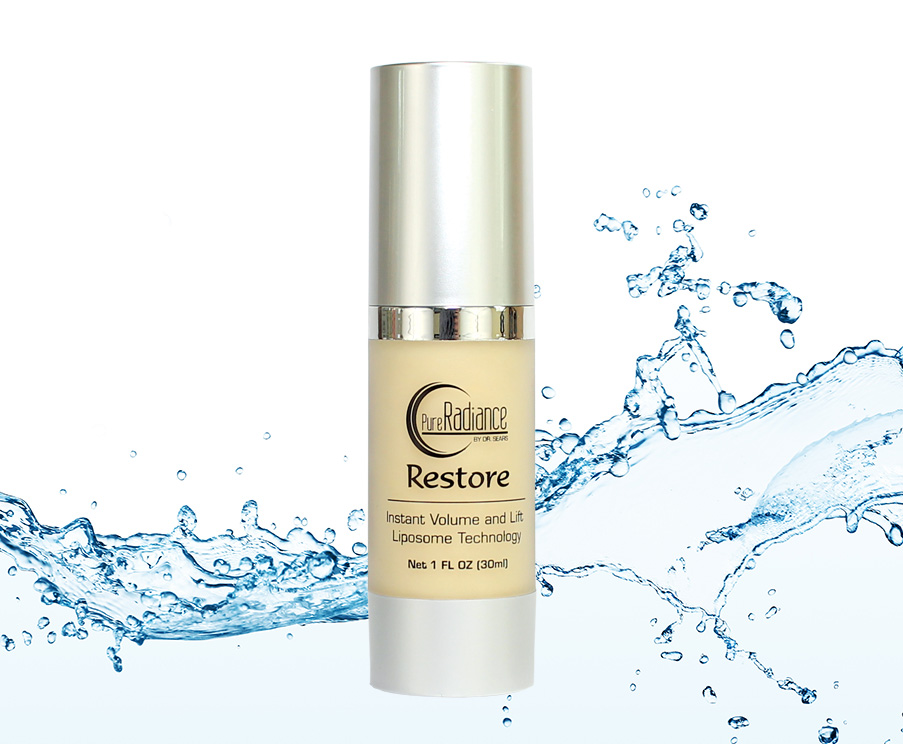
I love hearing directly from my readers and then sharing their experiences with you… Especially when they write to tell me that information they got from one of my letters changed their life.
Like this letter I got from Roseanne.
She’s a grandmother living alone in Kentucky. She’d been suffering from short-term memory loss for a while. She didn’t know if she was in the early stages of dementia — and she was scared.
So she decided to try an anti-aging supplement, hoping it would jumpstart her brain into remembering more.
Here is what Roseanne wrote me:
“Forgetting things you’ve known for years is frightening. It started with phone numbers. I couldn’t remember my own granddaughter’s number. This is the same phone number I’ve dialed for more than 10 years.
“My granddaughter was worried. She asked why I didn’t call anymore… I couldn’t tell her that I forgot.
“But what really scared me was when I couldn’t remember if I’d taken my blood pressure pills. It got so bad that there were some days when I was taking the medication more than once.
“That’s when I knew I had to do something. And here I am, six months later remembering everything… My senior moments are gone.
“But most importantly, I remember to call my granddaughter every single day.”
The nutrient that helped Roseanne regain her missing memories is an essential fatty acid called DHA — or docosahexaenoic acid.
I’m not at all surprised by how much it helped. You see, DHA is the main structural fat in your brain tissue. It’s involved in the development and the function of the synapses in your brain.
I’ve known for many years that a diet rich in omega-3 fats like DHA and its cousin EPA reduces your risk of dementia and Alzheimer’s disease.
And bring back those missing memories…
Bring Back Missing Memories
Here’s how DHA works. As soon as it detects damage, it converts to a compound called neuroprotectin D1 (NPD1). This is one of the first lines of defense your body activates when brain cells are threatened.1
Studies show NPD1 lowers inflammation in the hippocampus. That’s a seahorse-shaped area deep inside your brain. It’s called the “seat of memory.”2
In other words, it stops the damage that is destroying your memory function.
Not surprisingly, low levels of NPD1 levels have been found in patients with early-stage Alzheimer’s disease.
But you can turn that around by getting more DHA.
It can restore brain cell growth and memory in mice with Alzheimer’s. Mice given DHA were able to complete a maze test 15% faster. Plus, the number of mistakes they made in the maze was dramatically reduced.3
But the most dramatic finding came from a prestigious California university. In a breakthrough study, research reversed Alzheimer’s in using DHA in combination with vitamin D in 90% of patients.4
Your brain has the power to heal itself — if you give it the nutrients it needs.
Good food sources of DHA are omega-3-rich animal products like fish, eggs and meats. Oily fish, like mackerel, herring, tuna, salmon, trout and sardines are some of the richest sources.
The Best Way to Get DHA for a Sharper Brain
That’s why I advise my patients to get their DHA from krill and calamari oil. They’re more concentrated than regular fish oil. And your body absorbs them better.
- Take this tiny animal oil. Krill are shrimp-like animals that don’t live long enough to absorb large amounts of toxins — so they don’t get contaminated by the ocean’s pollutants. And their omega-3s are stored in phospholipid form instead of triglyceride. This helps it pass through cell membranes better and explains why it’s so potent in your brain function.
- And combine it with calamari. Calamari, or squid, has one of the highest concentrations of DHA of any food. But make sure your calamari oil comes from squid that live off the coast of South America in the pure waters of the South Pacific (illex argentinus). After the oil is distilled, it’s more than 65% DHA6 — the highest concentration of DHA I’ve found yet.
Aim to get at least 600 mg of DHA and 400 mg of its cousin EPA every day. And make sure you take them with meals so these omega-3 fats can be digested properly.
- Add in vitamin D. Make sure the vitamin D supplement you take is vitamin D3. It’s the same vitamin D3 your body produces. Avoid the synthetic form of vitamin D2 that’s found in most multivitamins, because it is less potent and less absorbable.
I recommend at least 2,000 IU a day from a good supplement — preferably in the morning. That leaves plenty of room for you to get additional vitamin D from other sources. Doses of 5,000 IU to 8,000 IU may be needed depending on your individual needs.
To Your Good Health,

Al Sears, MD, CNS
1 Bazan NG, et al. “Docosahexaenoic acid and its derivative neuroprotectin D1 display neuroprotective properties in the retina, brain and central nervous system.” Nestle Nutr Inst Workshop Ser. 2013;77:121-131.
2 Orr SK, et al. “Unesterified docosahexaenoic acid is protective in neuroinflammation.” J Neurochem. 2013;127(3):378-393.
3 Fiol-deRoque M, et al. “Cognitive recovery and restoration of cell proliferation in the dentate gyrus in the 5XFAD transgenic mice model of Alzheimer’s disease following 2-hydroxy-DHA treatment.” Biogerontology. 2013;14(6):763–775.
4 Cole GM and Frautschy SA. “DHA may prevent age-related dementia.” J Nutr. 2010;140(4):869–874.


